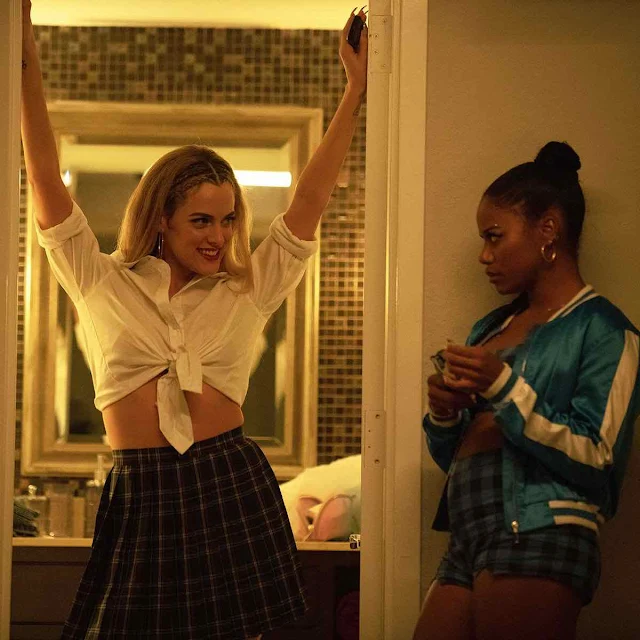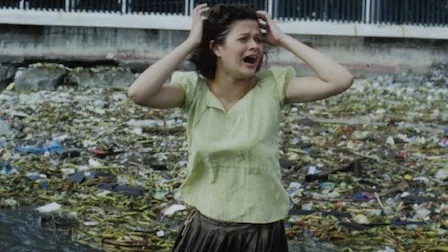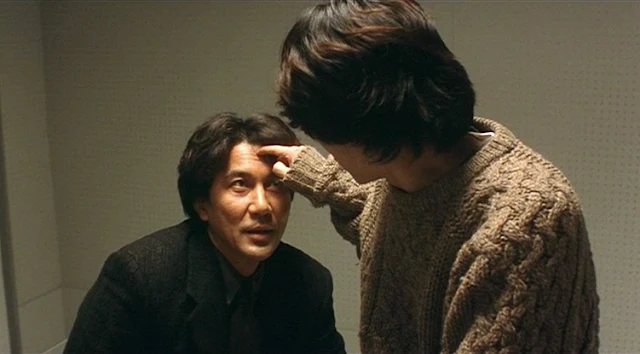Insiang comes homeInsiang is arguably Lino Brocka's masterpiece, an intimate three-character chamber drama (Tonya (Mona Lisa); her lover Dado (Ruel Vernal); her daughter Insiang (Hilda Koronel)) that slips under the skin like a hunting knife, slicing away fatty illusion and crusted complacency. It's a vision of the Tondo community, of little plywood shanties jammed together and trembling under the shadow of a mountain of garbage.
The film was Brocka's first to be shown internationally, was the first Filipino film to go to the Cannes Film Festival, to be screened at the prestigious Director's Fortnight. Audiences and critics alike sat up and took notice when Brocka made Tinimbang Ka Ngunit Kulang" (You Were Weighed and Found Wanting, 1974); they applauded Maynila sa Mga Kuko ng Liwanag (Manila in the Claws of Neon) in 1975. Insiang confirmed what Filipinos already knew--that Brocka was not just one of the best filmmakers in the country but in the world.
What few remember or even realize was that before Insiang was a film it was a script by Mario O'Hara, written for an episode of the drama series Hilda, in 1973. A few years later Brocka was pitching projects to neophyte producer Ruby Tiong Tan (one of his proposals: an adaptation of Agapito Joaquin's one-act play Bubungang Lata (Tin Roof), which O'Hara turned into a film in 1998); Ms. Tan agreed to Insiang. O'Hara wasn't available to adapt his teleplay (he was directing his second feature, the epic Tatlong Taong Walang Diyos (Three Years Without God, 1976)), so Lamberto Antonio stepped up instead (according to O'Hara there are few changes). The film was shot on location in fourteen days, on a budget of P600,000 (roughly three million today).
It's now 2002, and Tanghalang Pilipino has chosen for its 16th season to adapt Insiang on the theater stage; the question on everyone's mind--certainly on mine--is "Why?" The film is arguably the definitive example of Filipino social-realism--why remake a near-perfect work? In terms of structure, of sustained dramatic tension, of economy of means achieving maximum effect, the film stands above almost any other Filipino films (only one other approaches its elegance and intensity I think--Mike de Leon's Kisapmata (Blink of an Eye, 1982)).








































